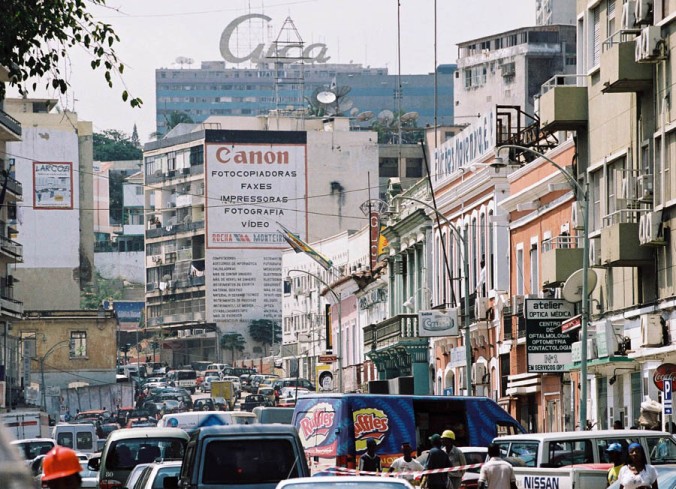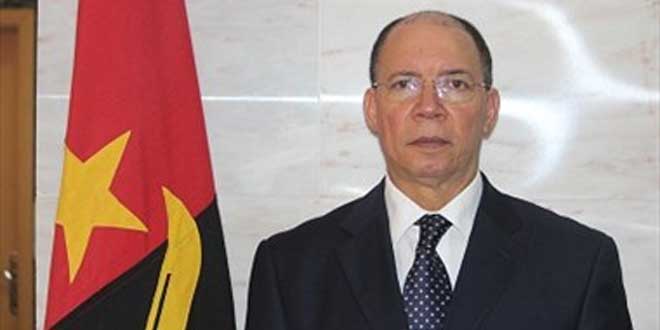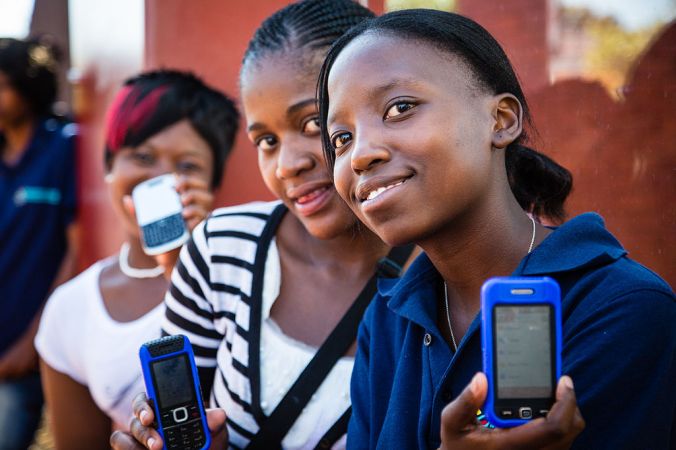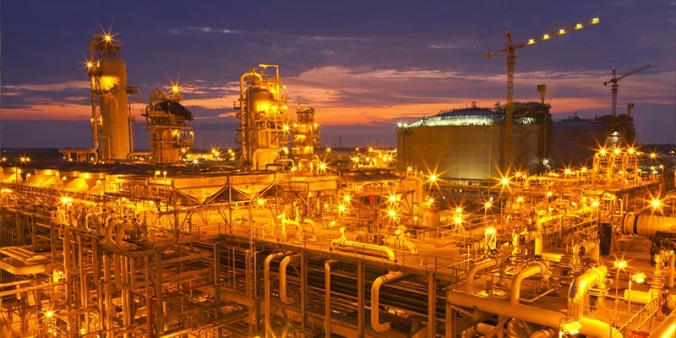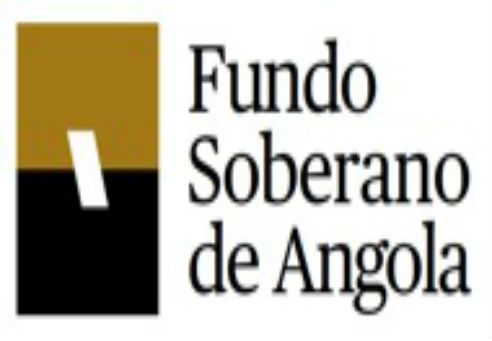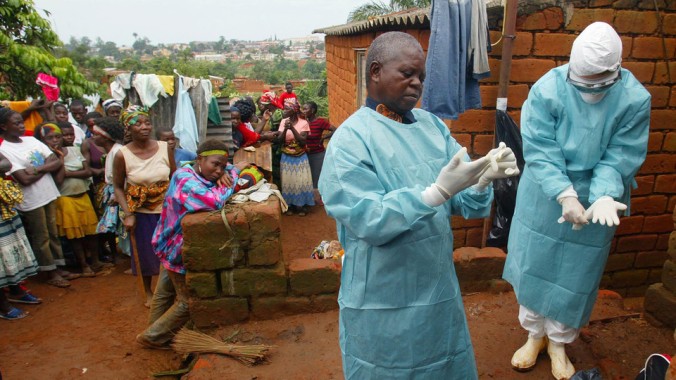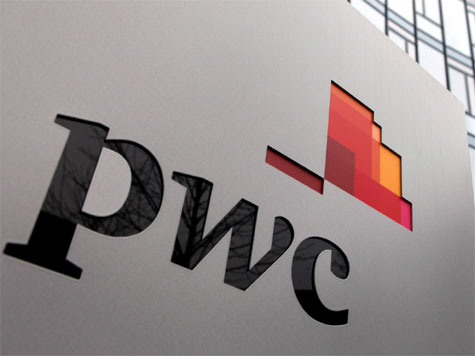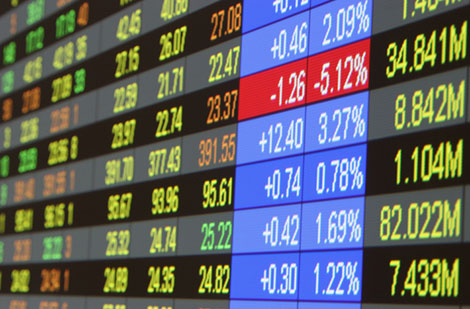
Both the delegations from the European Union and the United States in the United Nations declared their support to the Angolan directives regarding the Kimberley Process under Angola’s presidency, scheduled to being next January 1st.
The country will commit itself with the credibility of the system, leading the transformation of “conflict diamonds” to “peace diamonds”, development and prosperity, respecting the principles of sustainability and Human rights.
Ambassador Thomas Mayr-Harting, Head of the Delegation of the European Union to the United Nations, issued a statement declaring: that the European Union “Welcomes Angola’s vision as Chair for 2015 to further strengthen the Kimberley Process, by ensuring the trade in rough diamonds is used for the benefit of all people. We welcome and support the commitments Angola has made for its chairmanship, including commitments to strengthen dialogue with civil society and to promote respect for human rights. We look forward to working closely with Angola to bring renewed impetus and strength to the Kimberley Process Certification Scheme.
This support from the EU and the USA comes at the same time that the reputed Economist Business Unit reported that Angola’s “Value added activities in the diamond sector can have a positive impact on employment and economic diversification,” said the EIU in one of the most recent reports on Angola.
An article published today by MacauHub also says that “The ongoing recovery of the diamond industry in Angola and plans to strengthen its effect on the economy should help offset the decline in oil prices, which are the country’s main source of revenue”.
Figures from Angola’s Finance Ministry published by MacauHub show that “Revenues from diamonds, including taxes and royalties, reached US$6.5 billion between January and September, in line with last year’s total, and with a whole quarter to go before the end of the year”.
This positive recovery of the diamond industry in Angola are linked with the contribution given by projects such as the ones in Catoca, Cuango and Chitotolo, among others. Angola also recently resumed diamond cutting and polishing at a unit in Luanda and is planning to build a second unit in Lobito, Benguela province.
